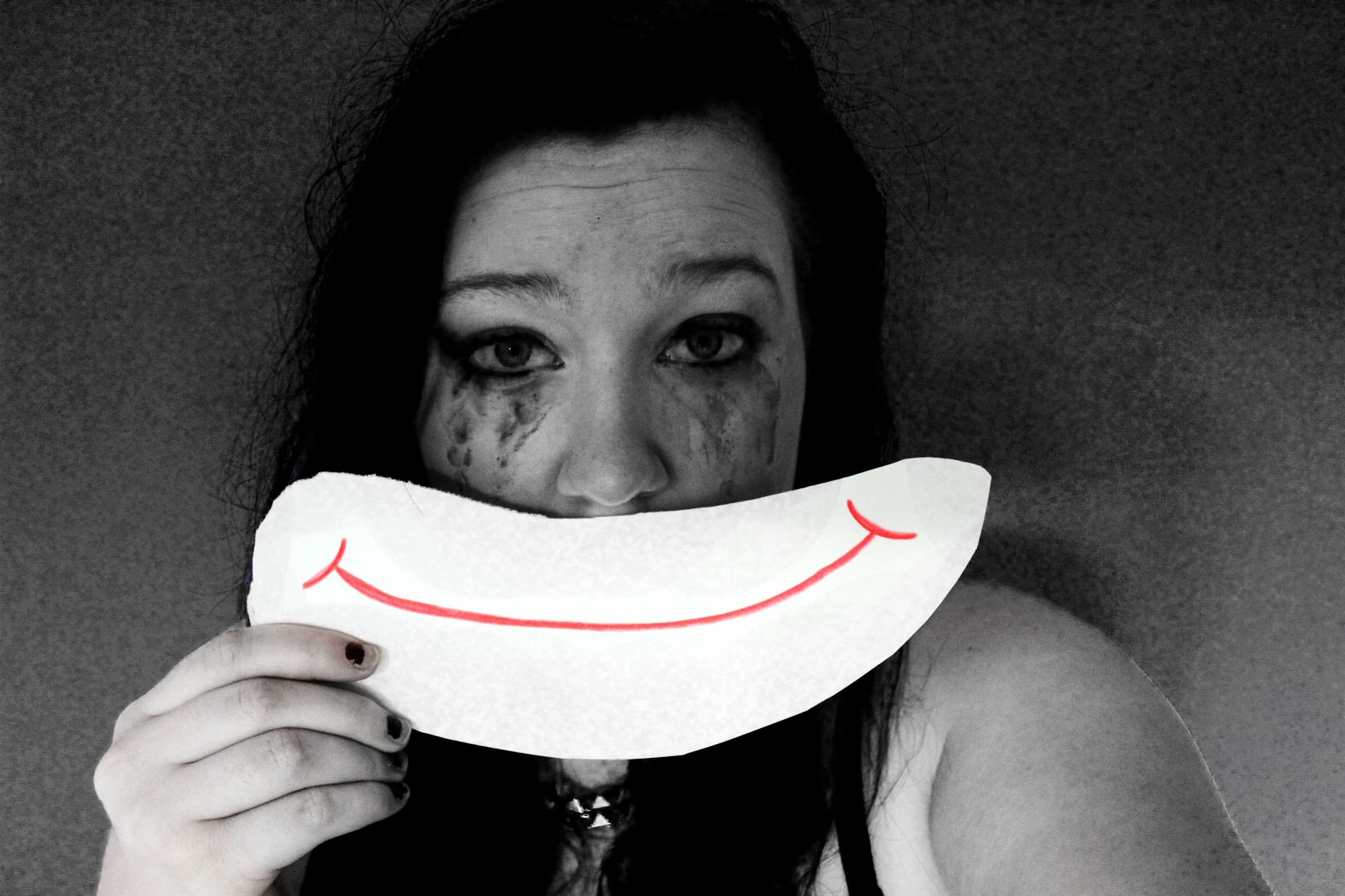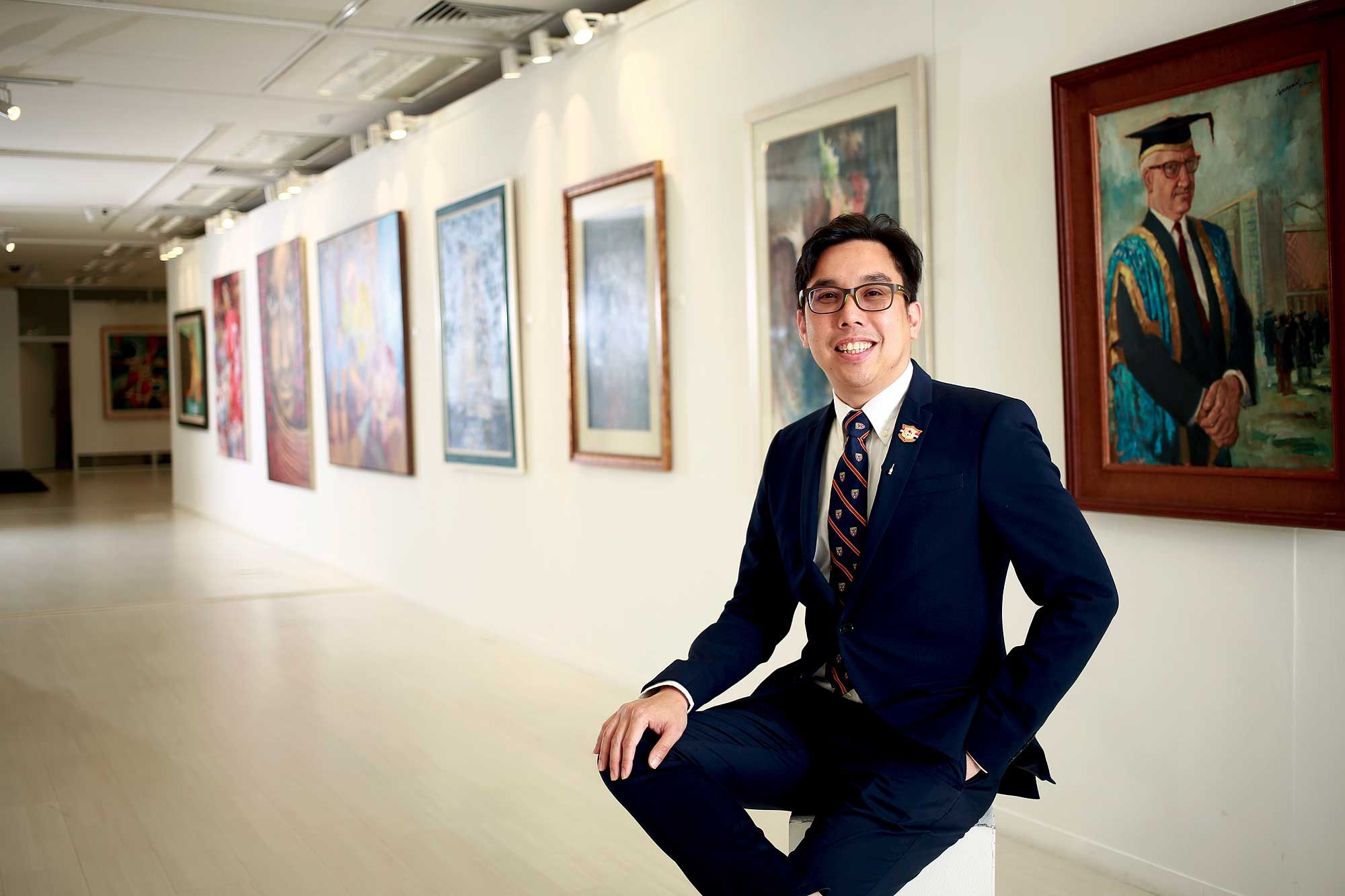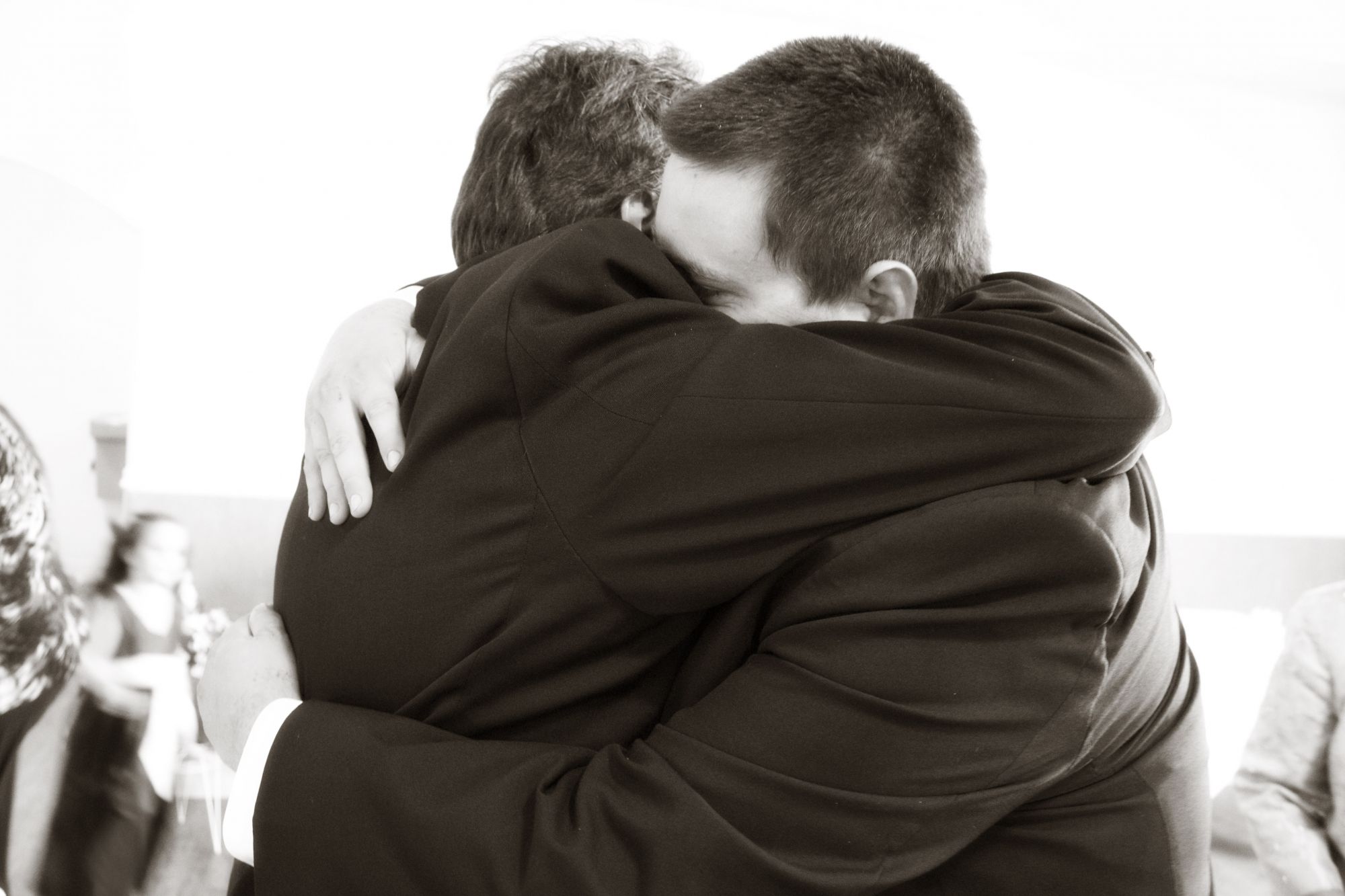For some the light at the end of a tunnel means hope, but for others it means an escape from life itself. With the loss of several high-profile personalities just this year alone, the spotlight is once again squarely on the tough topic of suicide and inevitably, the state of our mental health. We pick the brain of Generation T honouree Dr. Amer Siddiq, consultant psychiatrist and advocate for mental health for his tips and thoughts on how to handle the delicate matters of suicide and mental health.
What are the most common triggers and causes for suicide or attempted suicide that you’ve encountered?
There are multiple triggers, however the most common have been undiagnosed depression, current unresolved stressors related to relationship issues and ongoing problems at work or school
Often, friends or family say “We never saw it coming, he/she was always so cheerful”. Are there ways of identifying symptoms or signs that may point to suicide?
It’s difficult to know when a person will take their life. However, some signs which one might want to take note are:
a. Undiagnosed depression. A person who is persistently sad for no apparent reason and is now talking about dying. This being apart from the fact that you have not seen him/her (they have started to isolate themselves)
b. They start talking about death a bit too much. It can be a subtle cry for help
c. They start to develop peculiar hobbies, an example include stocking on medications for example. More importantly they inform you.

There are studies which have found that romanticising suicide might increase risk of future suicidal attempts. More importantly, if explicit detail is provided, studies have found an increase of incidences of people trying the exact same method.
Suicide is romanticised a lot on social media sites as well as by shows. Additionally, some people choose to livestream their suicides or choose to upload such videos on easily accessible websites. What’s your take on this?
I find this irresponsible. There are studies which have found that romanticising suicide might increase risk of future suicidal attempts. More importantly, if explicit detail is provided, studies have found an increase of incidences of people trying the exact same method. Therefore, with such studies available, I find the role of media extremely important. Please don’t report sensational headlines, provide explicit details and more importantly don't support or appear to support such acts. Do also provide a helpline at the end.
A local study by a colleague in Universiti Kebangsaan Malaysia (UKM) found that over a period of one year and four months, of the 246 articles on suicide found in seven online local papers, all of them explicitly documented how the act of suicide was conducted! More importantly only 6.1% of the time, a helpline or way to find help was reported in the same 246 articles.

